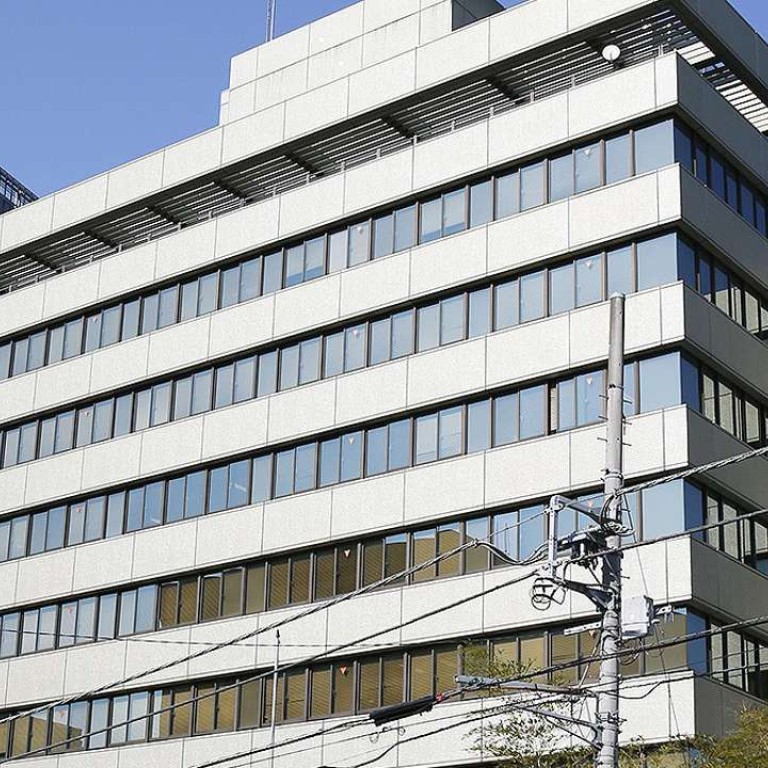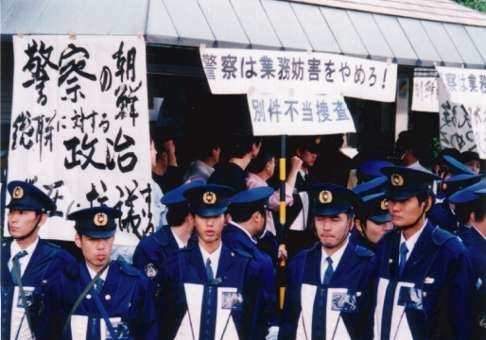
Is North Korea’s de facto embassy in Japan secretly obtaining missile technology for leader Kim?
A new petition to the Japanese government claims Chongryun is heavily involved in procuring funds and technology for the North’s nuclear and missile programmes
Relatives of Japanese nationals who have been abducted by North Korea are among those who have signed a petition that will be submitted to the Japanese government on Friday urging that it freeze the assets of Chongryun, the association of North Korean residents of Japan.
The signatories believe the association - and particularly its science agency - is deeply involved in procuring equipment and technological knowledge that is being used to develop North Korea’s nuclear weapons and ballistic missile programmes. Chongryun is Pyongyang’s de facto embassy in Japan.
The petition points out that under paragraph 32 of the recent United Nations Security Council resolution 2270, member states are obliged to freeze the assets of North Korean agencies tasked with obtaining weapons technology.
The signatories insist there is ample evidence of North Korea’s activities in this area in Japan going back several years.

In October 2005, Tokyo police arrested two members of Kwahyop - The Korea Association of Science and Technology - on suspicion of violating the Pharmaceutical Affairs Law. In a subsequent search of a software company affiliated with the organisation, secret Japan Defence Agency documents were discovered.
Two years previously, police found documents indicating that Kwahyop officials had managed to procure jet mills - listed among the restricted items on the Missile Technology Control Regime - and related equipment and shipped them to North Korea.
Further investigations have revealed that North Korean operatives have been able to obtain direct current stabilised power supplies and inverters, which can be used in uranium purification, freeze dryer units required to manufacture biological weapons and both hydrofluoric acid and sodium flouride, two of the chemicals used in the manufacture of the chemical weapon sarin.
Chongryun has also obtained synchronoscopes, an instrument used to synchronise aircraft propellers, personal computers and advanced scuba diving equipment.

Jin Matsubara, a member of the Diet and formerly national public safety commissioner, submitted a written question to the government on March 29 about actions to curtail the actions of Chongryun and its members in Japan.
The response from the government was a terse: “We would like to refrain from answering”. But Ken Kato, a human rights activist, believes action is imminent.
“I am sure they are considering freezing Chongryun’s assets in order to pressure the North before its next nuclear test, which is likely to be conducted before the Worker’s Party Congress in May,” he said.
“It is quite obvious that Kwahyop is a spy organisation and that it has played a key role in North Korea’s nuclear and missile programmes,” he said.
“There is an urgent need to stop this flow of advanced technology to North Korea.”

The petition has been signed by dozens of politicians and rights activists, including Shigeo Iizuka, chairman of the Association of Families of Victims Kidnapped by North Korea, and Sakie and Shigeru Yokota, the parents of Megumi Yokota, who was 13 when she was kidnapped on her way home from school in 1977.

